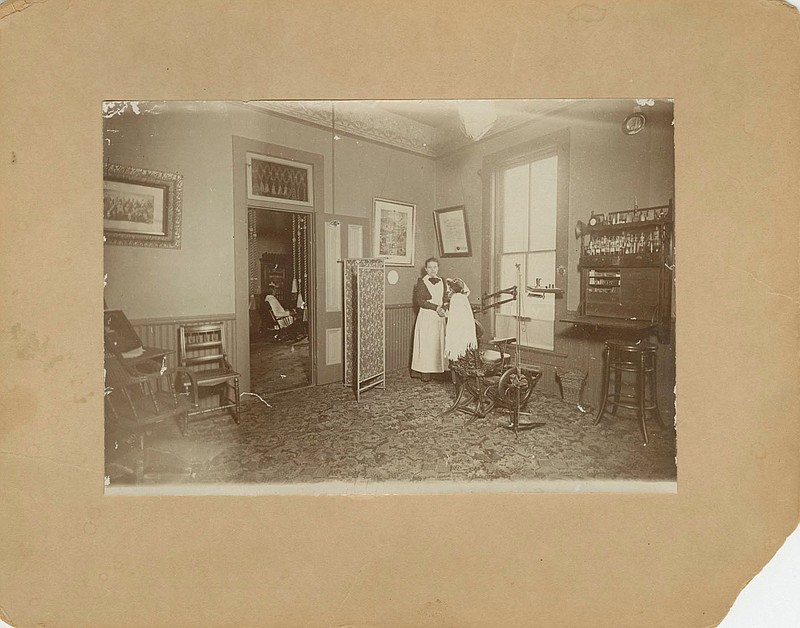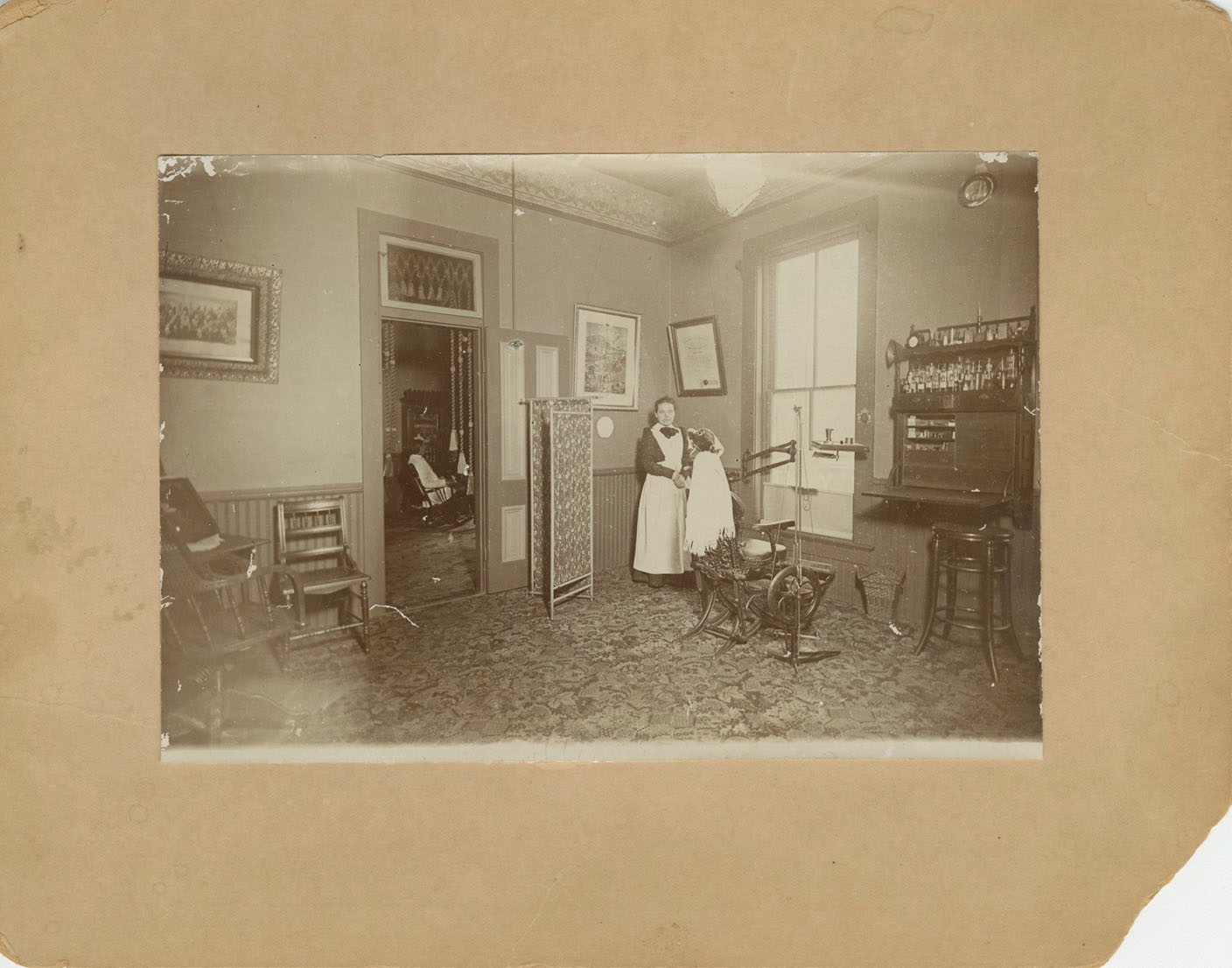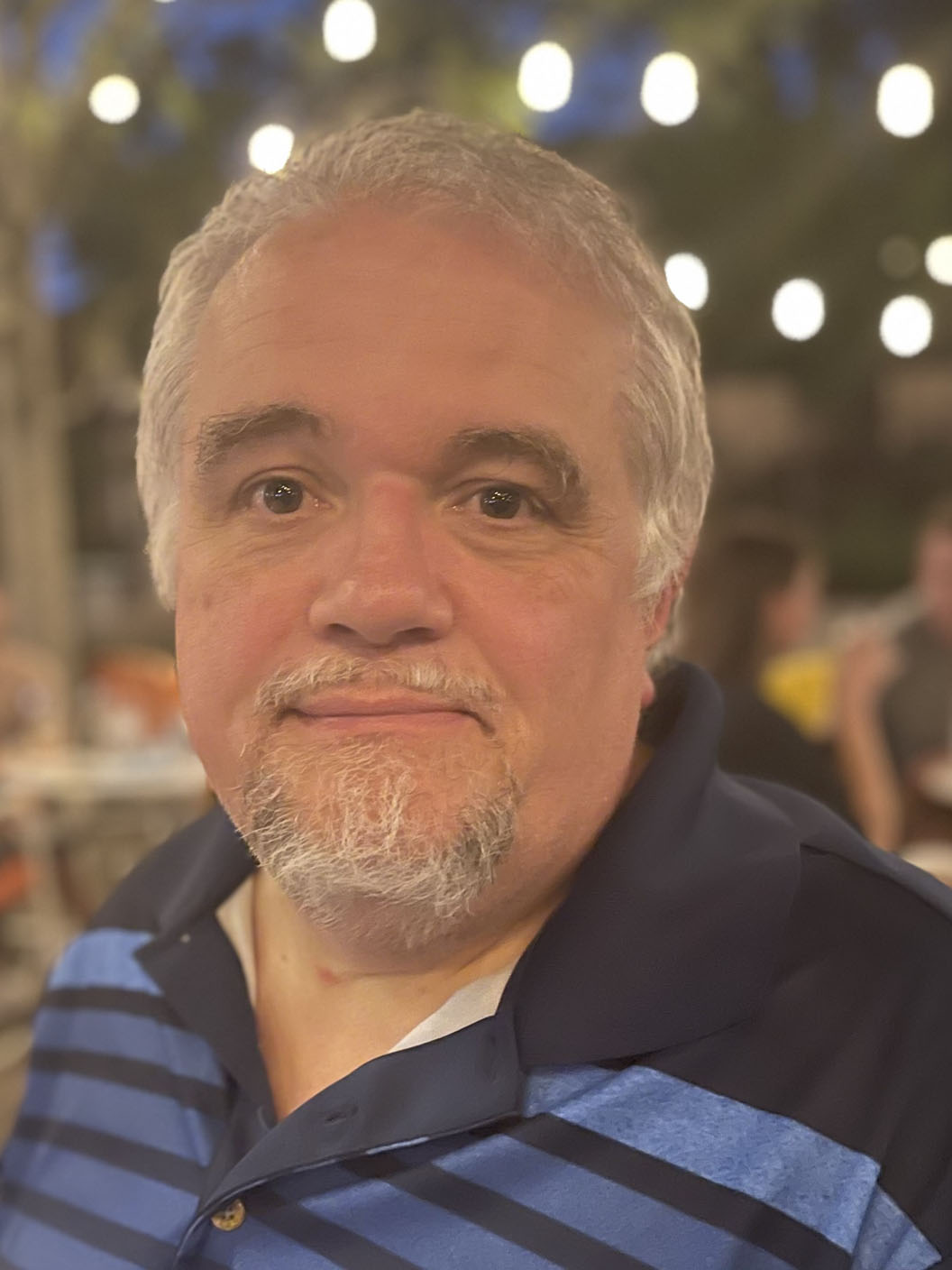For most casual historians, Fort Smith has been home to the "hanging judge," Isaac C. Parker; Bass Reeves, the first black deputy U.S. marshal west of the Mississippi River; and in more modern times, it's where Elvis Presley got his military haircut at Fort Chaffee.
But in celebration of Women's History Month, Ben Boulden and the Fort Smith Museum of History want to tell another story. It's the chronicle of how on Nov. 13, 1917, Dymple Johnson, who also holds the distinction of being Arkansas' first female dental hygienist, became the first woman to vote in a public election in the entire South -- and how a Southwestern Bell telephone operators' strike changed the course of history.
"The strike and vote are connected through a chain of events that the strike began," Boulden says. "It's a complex story, so a concise answer requires oversimplification. Basically, local elected officials including the mayor were recalled and prosecuted for favoring the strikers. At least, that's how I interpret it. The recall election was the one in which Dymple voted.
"In February 1917, the Arkansas Legislature had passed -- and Gov. Charles Brough signed into law -- a measure allowing women to vote in party primaries, to be held in May 1918," Boulden explains. "But months before any other Arkansas women could vote in those elections, Fort Smith that day had a special mayoral election to replace ousted Mayor John Heskitt Wright -- who, oddly, was one of the candidates on the ballot to replace himself.
"Local officials considered it a primary, making it the first time a woman could vote in the South," Boulden says. "The story of how that special election came about in the first place is colorful history, and integrally tied to other newly politically active Fort Smith women that fall."
Boulden is the author of "Hidden History of Fort Smith," a compilation of many of the "Inquire Within" columns he wrote for the Southwest Times-Record.
"I answered readers' questions, and it evolved into a local history column," he remembers. "The History Press saw my column online and thought it might make a good book, so with permission from the newspaper, I compiled the columns, the most interesting bits, into 'Hidden History of Fort Smith.'"
Boulden says he thinks many of the stories in the book would surprise readers, but "I had never written for publication about Dymple Johnson, the telephone operators' strike and related events, [and] it was significant enough to add to the book, I thought.
"It was a story that needed additional scholarship and writing beyond the scope of the book, but I wanted to get it out there in the published record for others to build on. At least one student did a master's thesis on the topic, so I'm very gratified it had the intended effect."
Boulden says there are topics included in the book that he still wants to dig into himself.
"The histories of the 'shanty towns' -- Coke Hill and Red Row, as well as South Fort Smith, an unincorporated town that really was its own little community. Cavanaugh Mound is a relic of pre-Columbian Mississippi culture, one of the few genuinely American Indian sites still existing in the city. McNally Hill in east Fort Smith used to be a regular camp for Roma. It's really a long list."
Boulden grew up in Fort Smith, received a bachelor's degree in history from the University of Missouri, studied abroad for one year at the University of Manchester in the United Kingdom and earned his master's degree in history from the University of Arkansas in 1992. He taught courses in Arkansas history and "America in the Gilded Age" at what was then Westark College from 1999 to 2002; has served as vice president of the Fort Smith Historical Society; and was the creator of fortsmithhistory.org.
"I was raised to value the arts and humanities and education as something personally and intellectually enriching," he says. "History is really an all encompassing topic, and my interests range widely.
"I'm not as immersed in local history as I was, but I think Dymple's story, or more precisely the story leading to her vote, is an important one to tell. It deserves to be remembered. The struggle of women to be heard and vote is important.
"There's a lot of debate right now about what historical narrative is taught in schools, but there isn't a single narrative and story," he concludes. "As many different stories and perspectives on them need to be communicated and taught as time and curriculums will allow, so people can reach their own conclusions about the past and the present."
FAQ
Women's History Month:
Speaker Ben Boulden
When: 1 p.m. March 25
Where: Fort Smith Museum of History, 320 Rogers Ave.
Cost: $10 nonmembers
Information: Email [email protected]




